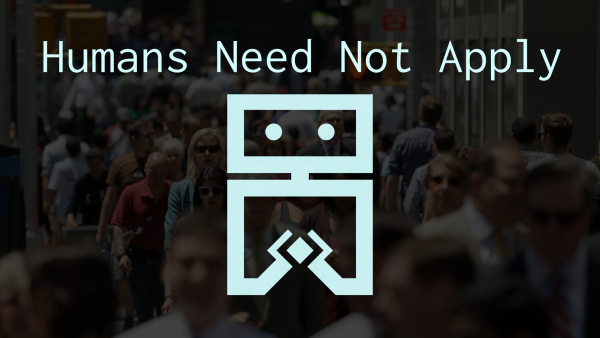Some things speak for themselves.
The Patriots just came back from a 25-point second-half deficit to win the Super Bowl.
There is a difference between 'luck' and 'skill'.
Nonetheless … luck favors the prepared.
And, in life as in sports, hard work beats talent, when talent fails to work hard.
The Patriots, under Bill Belichick, epitomize that.
Belichick has been a coach in 10 of 51 Super Bowls (seven of them with Tom Brady).
When you see this picture from the 2000 NFL Combine, it's hard to believe that Tom Brady would be a 3-time Superbowl MVP taking the Patriots to their 5th under his reign.
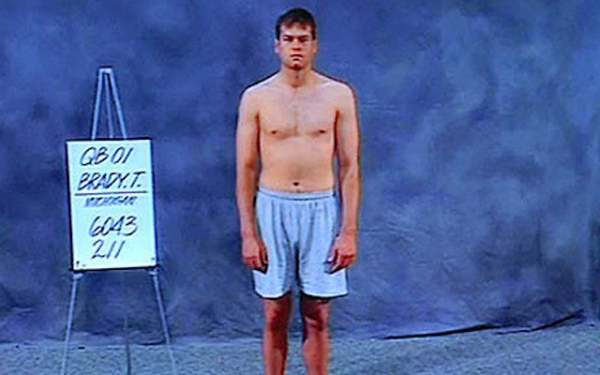
via CBS Sports.
It didn't happen by accident.
The Patriots are a well-oiled machine, and it's not because their players are better than the rest.
Keep in mind, the NFL is a league at the top of the food chain (their athletes are the best of the best). Moreover, the NFL actively creates rules designed to level the playing field and create parity.
So, it is hard to create a team that 'can't be beaten' – When it happens, it happens because of culture, coaching, and process. Ultimately, somehow, winners find a way to win.
Bill isn't known as the friendliest (and he's certainly not known for dishing out praise) – but he is known for discipline (and lauding hard work when it's deserved).
More importantly, Belichick created a framework of success that isn't reliant on the individual – and it is that which allows the individual to shine.
Frameworks create the structure that allows, focus, specialty, and the freedom to improvise.
The System is the 'system'; but, within it, you can measure what works, who contributes, and use it to identify the best things to try next.
Win, lose, or draw … some things speak for themselves.

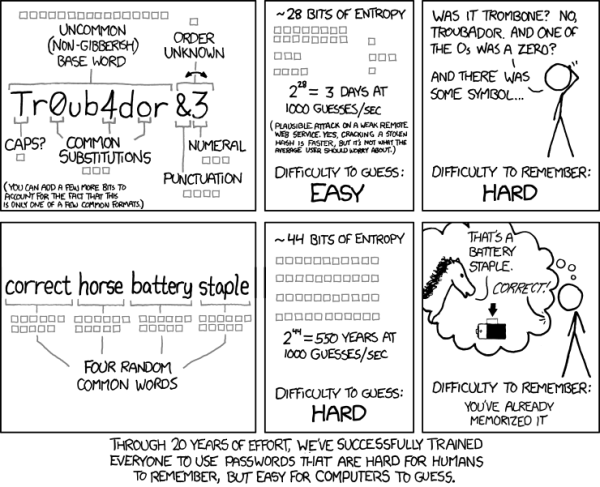 via xkcd
via xkcd
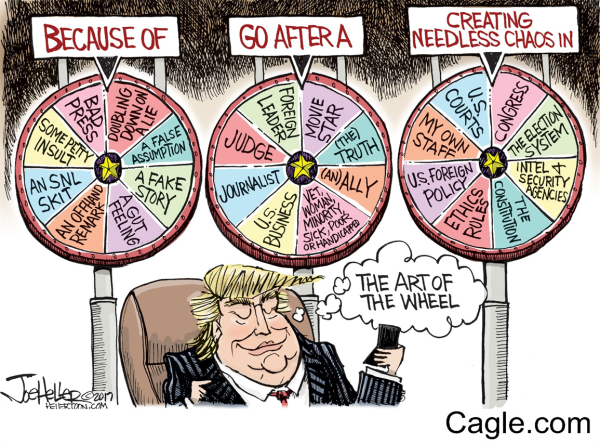
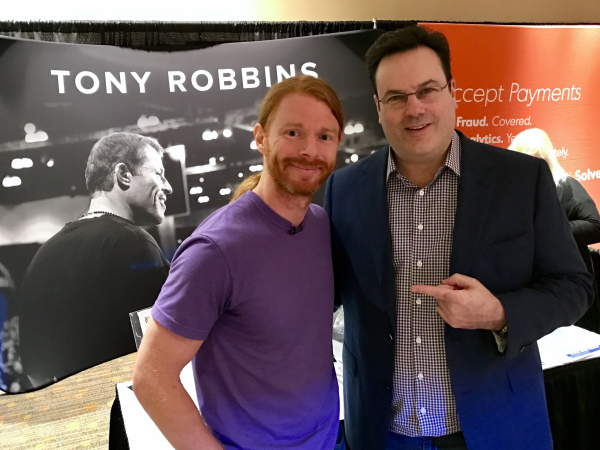

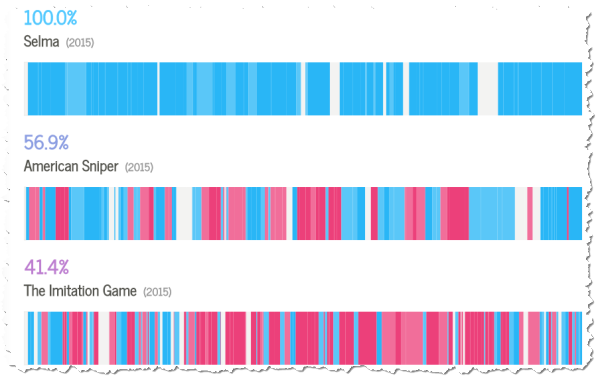

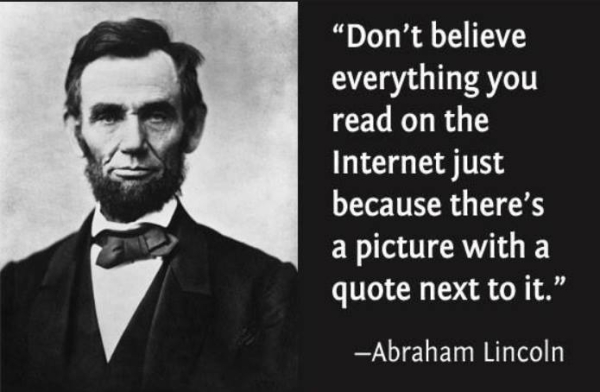
 In my office, we use a lot of what seems like "futuristic" artificial intelligence approaches to understanding financial markets. Most of my team are technical or data-science specialists that develop and drive the systems that create our systems.
In my office, we use a lot of what seems like "futuristic" artificial intelligence approaches to understanding financial markets. Most of my team are technical or data-science specialists that develop and drive the systems that create our systems. 